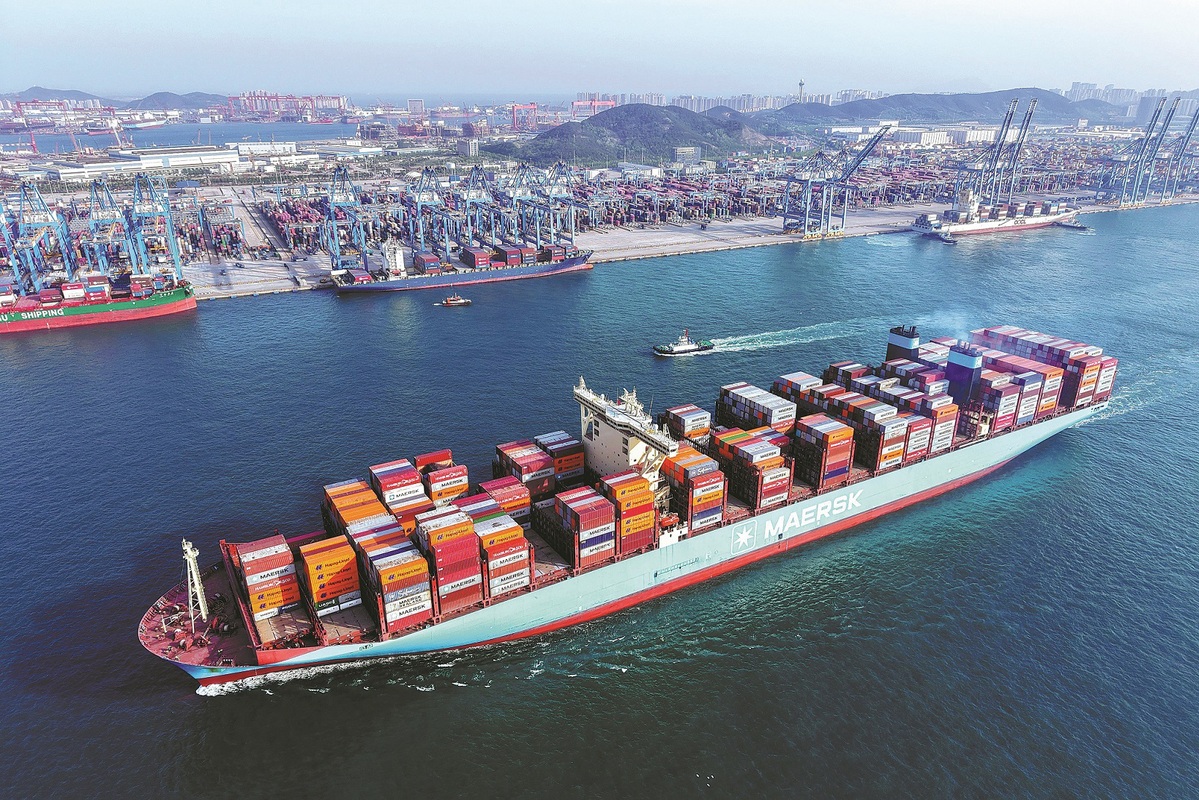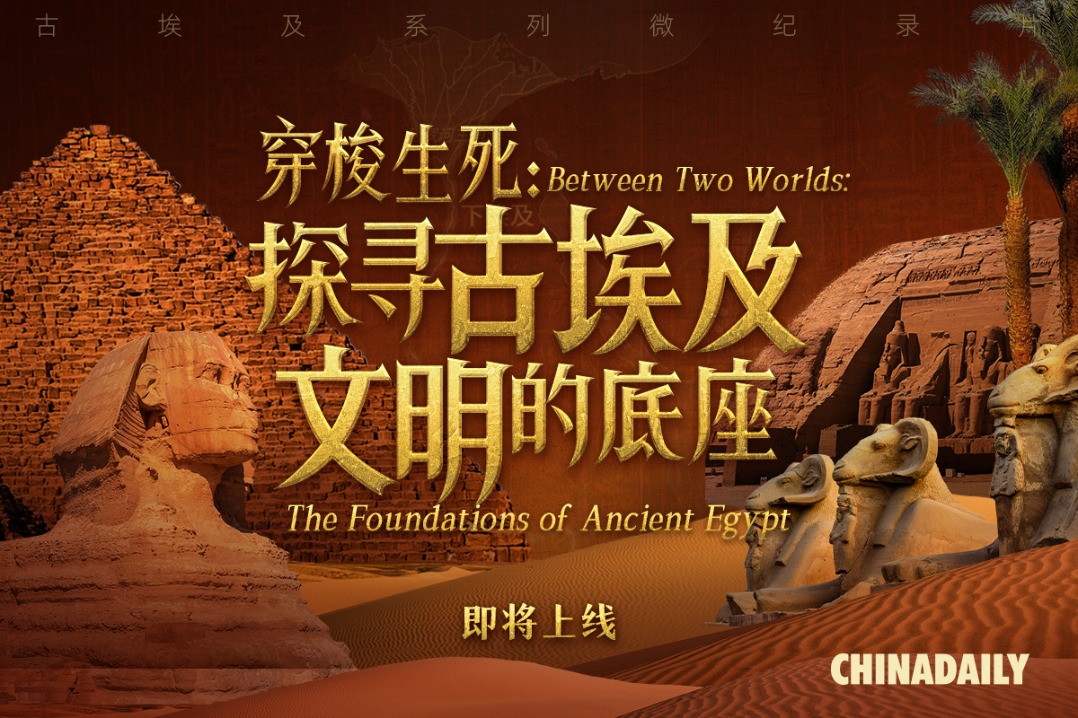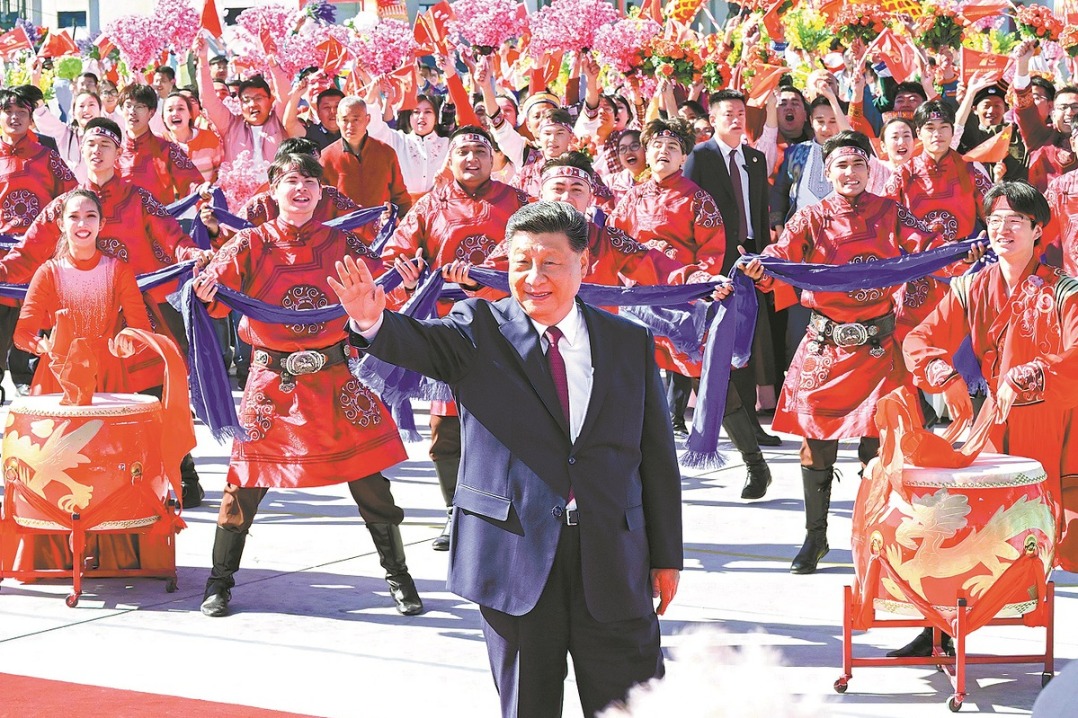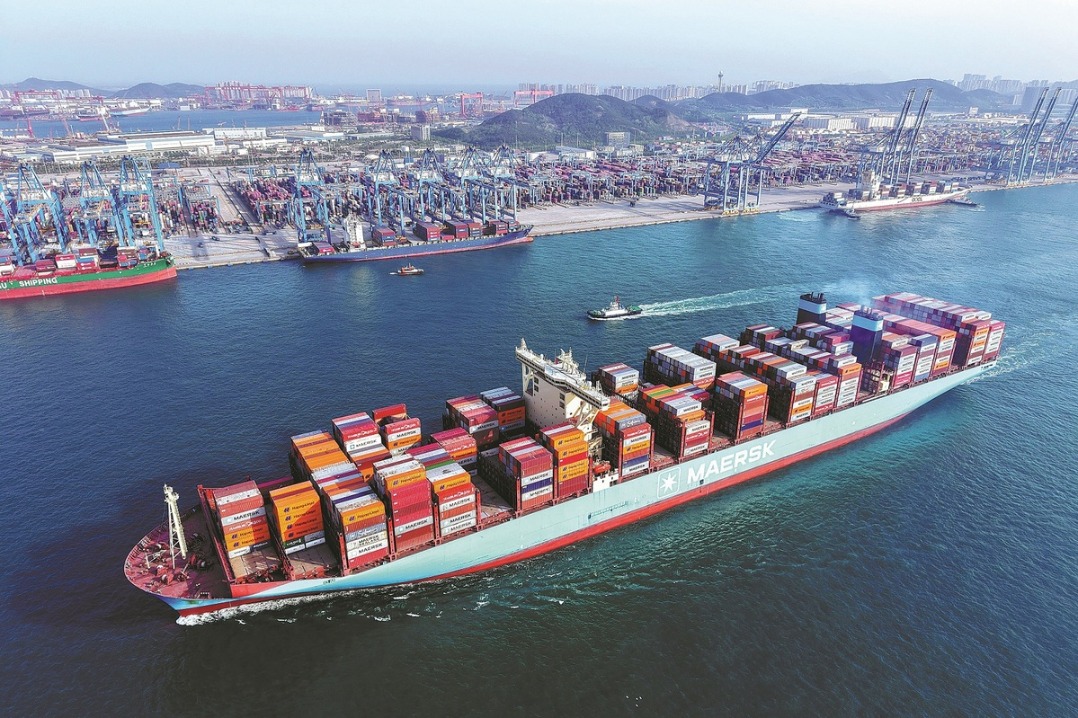China's WTO move signals confidence and strategic foresight


Editor's note: On Sep 24, China announced that it will not seek new special and differential treatment benefits in the current and future World Trade Organization negotiations. Two experts weigh in on the significance of this decision in an interview with China Daily's Li Wei. Excerpts follow:
A confident, responsible move
China's decision comes at a critical moment for the multilateral trading system. Global trade rules are under unprecedented strain, with tariff frictions and uncertainties challenging the effectiveness of the WTO. As the organization marks its 30th anniversary, developing countries hope for renewed vitality and a stable, predictable framework for global trade.
And China, building on its development achievements, has in this context opted to forgo new S&DT benefits, signaling its responsible and forward-looking approach.
But the stance does not mean renouncing its status as a developing country. Nor does it affect China's rights under the S&DT provisions of existing WTO agreements.
Externally, China stands firmly with Global South countries, exemplified by zero-tariff access for least developed countries. Internally, it continues addressing substantial domestic development needs, recognizing that large segments of its population are still in transition.
Foregoing new S&DT claims underscores China's firm stance in supporting the multilateral trading system through concrete actions, balancing historical obligations with future responsibilities.
This is a flexible and responsible stance — one that signals willingness to assume greater obligations while preserving the right to speak for developing-country interests where appropriate.
Zhao Hong, a professor at the Law School, Peking University.
A constructive step for multilateral trade
Since Brazil first renounced new special and differential treatment claims in 2019, there has been a shift in the stance of developing countries on this issue. Against this backdrop, and with the 14th WTO Ministerial Conference approaching, China's move strengthens efforts to reform the WTO and preserve the multilateral trading system.
China remains the world's largest developing country. WTO rules allow self-designation, making China's status both legitimate and defensible. Its per capita income — around $13,000 — and gaps in service-sector and institutional frameworks show how far it still lags behind advanced economies.
By forgoing new S&DT privileges, China demonstrates responsibility while amplifying its voice for the Global South. This enhances China's credibility and widens potential support, though it may also invite stronger pressure from developed nations in future talks.
Luo Zhenxing, director of the Economic Section, Institute of American Studies, Chinese Academy of Social Sciences.
The views don't necessarily reflect those of China Daily.
If you have a specific expertise, or would like to share your thought about our stories, then send us your writings at opinion@chinadaily.com.cn, and comment@chinadaily.com.cn.


































